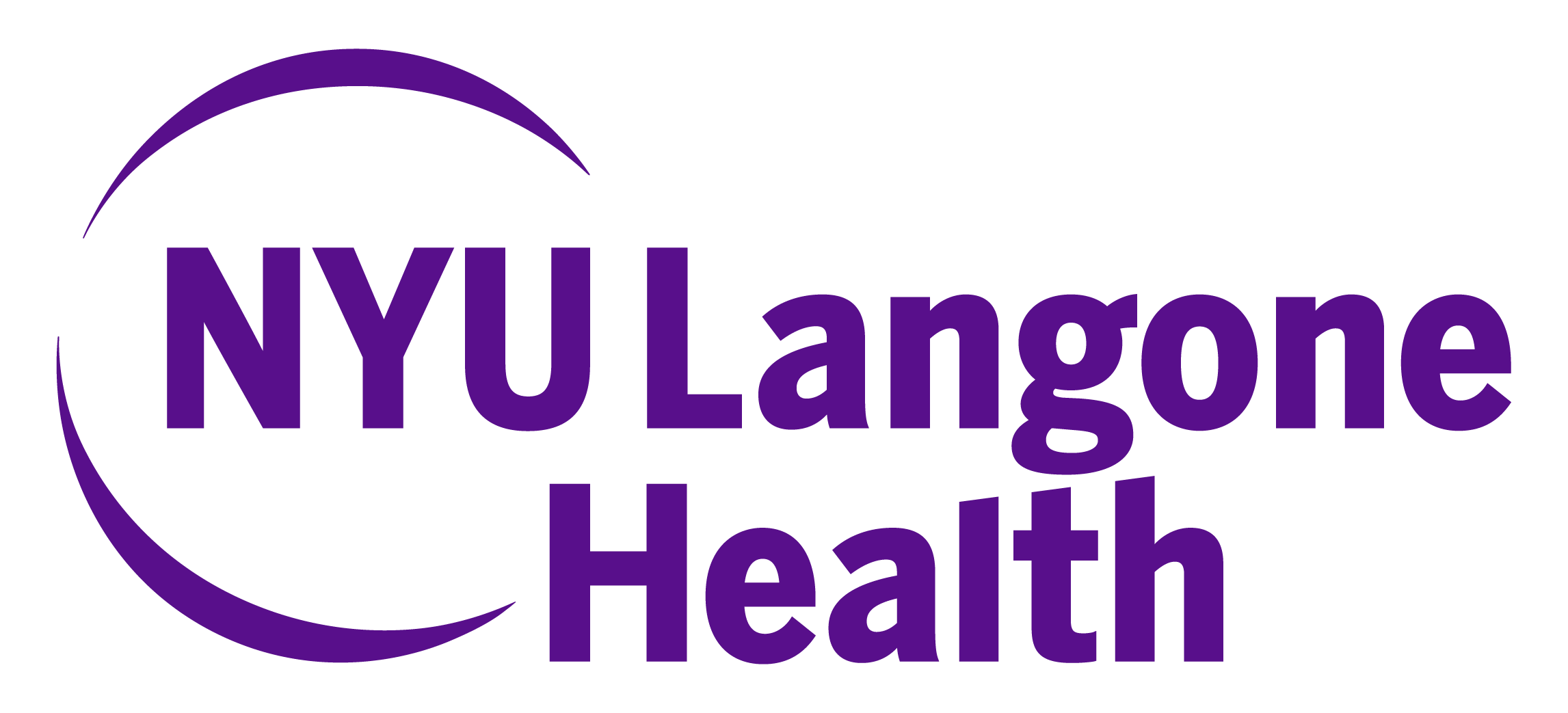- Advertise
- About OncLive
- Editorial Board
- MJH Life Sciences brands
- Contact Us
- Privacy
- Terms & Conditions
- Do Not Sell My Information
2 Clarke Drive
Suite 100
Cranbury, NJ 08512
© 2025 MJH Life Sciences™ and OncLive - Clinical Oncology News, Cancer Expert Insights. All rights reserved.
Dr. Balar on Next Steps of the KEYNOTE-057 Trial in NMIBC
Arjun V. Balar, MD, director, Genitourinary Medical Oncology Program, assistant professor, Department of Medicine, NYU Langone's Perlmutter Cancer Center, discusses the next steps for research regarding the phase II KEYNOTE-057 trial in nonmuscle–invasive bladder cancer (NMIBC).
Arjun V. Balar, MD, director, Genitourinary Medical Oncology Program, assistant professor, Department of Medicine, NYU Langone's Perlmutter Cancer Center, discusses the next steps for research regarding the phase II KEYNOTE-057 trial in nonmuscle—invasive bladder cancer (NMIBC).
The KEYNOTE-057 trial looked at the PD-1 antibody pembrolizumab (Keytruda) in high-risk patients who did not respond to prior bacillus Calmette-Guérin (BCG) therapy. Historically, this population is treated with radical cystectomy. In these cases, the bladder is removed because BCG-unresponsive disease has a natural history of progressing to muscle-invasive and eventually metastatic disease, says Balar. Radical cystectomy has been the only curative therapy available for these patients. However, pembrolizumab is thought to induce responses that would lead to higher rates of bladder preservation.
The next steps of the trial are to follow patients who have achieved a complete response and see how long and durable the responses are. Before the findings can be generalized, they need to be tested and confirmed in the randomized phase III KEYNOTE-676 trial, adds Balar. Although the KEYNOTE-057 study has the potential for registration implications for pembrolizumab in this population, the randomized phase III study is also important. The trial will enroll patients with BCG-refractory disease after induction BCG and will randomize them to BCG reinduction alone or BCG reinduction plus pembrolizumab.


